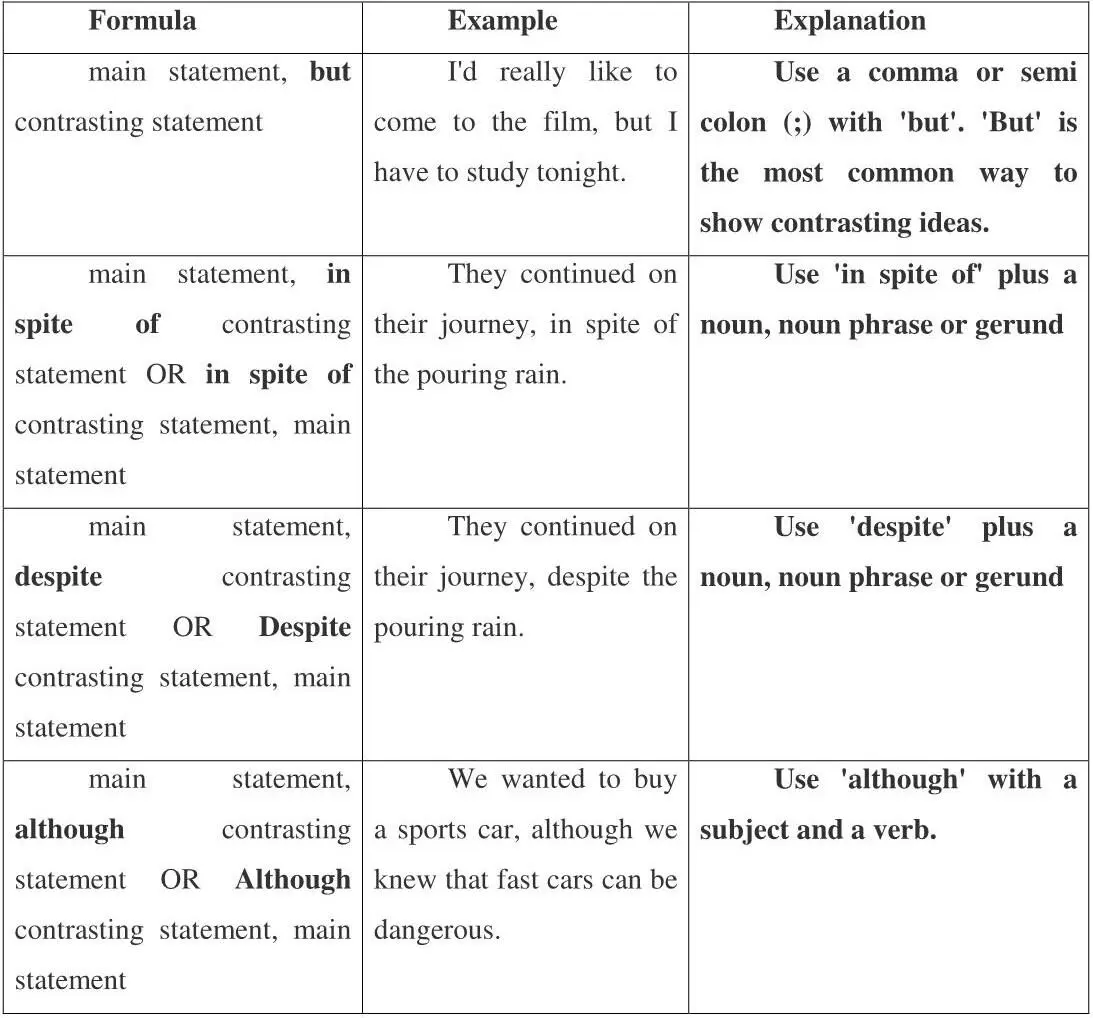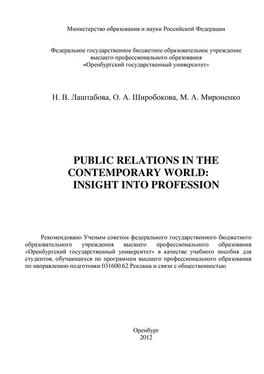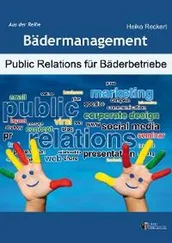9. Are there any reasons for such influence of Time?
10. Where does it have its copies?
11. What is the usual reader of the newsmagazines?
12. What do the professional periodicals provide?
13. Do the articles from these newsmagazines appear in any other form?
14. What is the usual circulation for these newsmagazines?
7 . Translate the following phrases. Pay attention to the use of prepositions. Find the sentences where they were used in the text and read them out.To translate into a language To be modeled on Time To be aimed at the average reader To provide a forum for serious discussion To sell over 1 million copies per issue.
8 . Fill in the proper prepositions.
1. According … the statistics, most European magazines were modeled… time.
2. All newspapers have their own readers: … example, Cosmopolitan is aimed … a fashionable single woman.
3. Cheap newspapers sell … million copies daily.
4. Most international editions are translated … foreign languages … order to provide the reader … the most important information worldwide.
5. Such serious periodicals as New Yorker or Time provide a forum … serious discussions … the eternal problems … economics, finance, politics and culture.
9 . Comment on the following quotations:
Find out who the quotes’ authors are and be ready to share the information with your groupmates. Pay attention to some useful formulas in Exercise 10 used when contrasting your ideas, guessing, disagreeing and saying “No” nicely.
Richard Stengel
“They are learning while they are doing which is how young people are learning today, and I think it’s a fantastic place for them”.
David Remnick
“98 % of the people who get the magazine say they read the cartoons first – and the other 2 % are lying”.
“What stores are around, what stores aren't around, what advertisers want to present as an ideal woman or man, passing prejudices, things that you would never say now that you could say then”.
Chris Johns
“We want you to find stories that are relevant, [that] you can apply directly to your life. Surprising, in-depth, contextual stories that help us make good decisions about the future”.
Kate White
“We try not to be all things to all women. You'll never find anything about babies in our magazine, except what a single reader might be interested in.”
10 . Useful Formulas
Saying 'No' Nicely
Sometimes you need to say no when someone makes a suggestion, offers something or asks you to do something for them. Of course, saying just 'no' can be rather rude. Here are some of the most common ways to say 'no' nicely – or at least not rudely. Would you like to see a film tonight?
I'm afraid I can'tgo out tonight.
I've got a test tomorrow.
Sorry, but I don't particularly likeChinese food.
I'd really rather nottake a walk this afternoon.
Would you like to come to the museum with us?
Thank you, but it's not my idea ofa fun afternoon out.
Let's go for a drive Sorry, I'm not really fond ofdriving for the fun of it.
Why don't you stay the night?
That's very kind of you, but I really have toget back to the city.
NOTE: Notice how we often say 'thank you' in some way before refusing the offer. When someone makes an offer it is polite to first thank that person and then say no, often offering an excuse for not wanting or being able to do something. Just saying 'no' is considered very rude behavior indeed!
Disagreeing
Here are a number of useful phrases used when disagreeing or expressing another opinion. Notice that a number of these expressions employ the first or second conditional.
I wouldn't do that. I would…
But if we…
I'm afraid I have to disagree with you.
Don't get me wrong, …
Even so, if…
Don't forget that…
Very true, but…
Examples:
I wouldn't do that. I'd speak to the teacher first and see what she says. But if we don't make those investments, we'll risk losing market share. Don't get me wrong, I just think we should look at some other options before making a decision.
Even so, if we change classes this late, we might not get a passing grade. Don't forget that you still need to finish all your homework BEFORE you can do that. Very true, but we still need to get the garden in shape before building a new deck.
Contrasting Ideas
There are a number of formulas used when contrasting ideas in English. Here are some of the most common:
We'd love to stay for dinner, but we have got to get going.
They decided to stay in the area, in spite of their problems with the local residents. Despite the difficulties of a long journey, Peter decided to visit India.
Getting a good job is hard work, however, most people eventually find one with patience. There were a number of people who came, although the hotels were not equipped to handle them all.

Guessing
There are a number of ways to guess in English. Here are some of the most common:
• I'd sayhe's about ready to quit his job.
Конец ознакомительного фрагмента.
Текст предоставлен ООО «ЛитРес».
Прочитайте эту книгу целиком, купив полную легальную версию на ЛитРес.
Безопасно оплатить книгу можно банковской картой Visa, MasterCard, Maestro, со счета мобильного телефона, с платежного терминала, в салоне МТС или Связной, через PayPal, WebMoney, Яндекс.Деньги, QIWI Кошелек, бонусными картами или другим удобным Вам способом.













